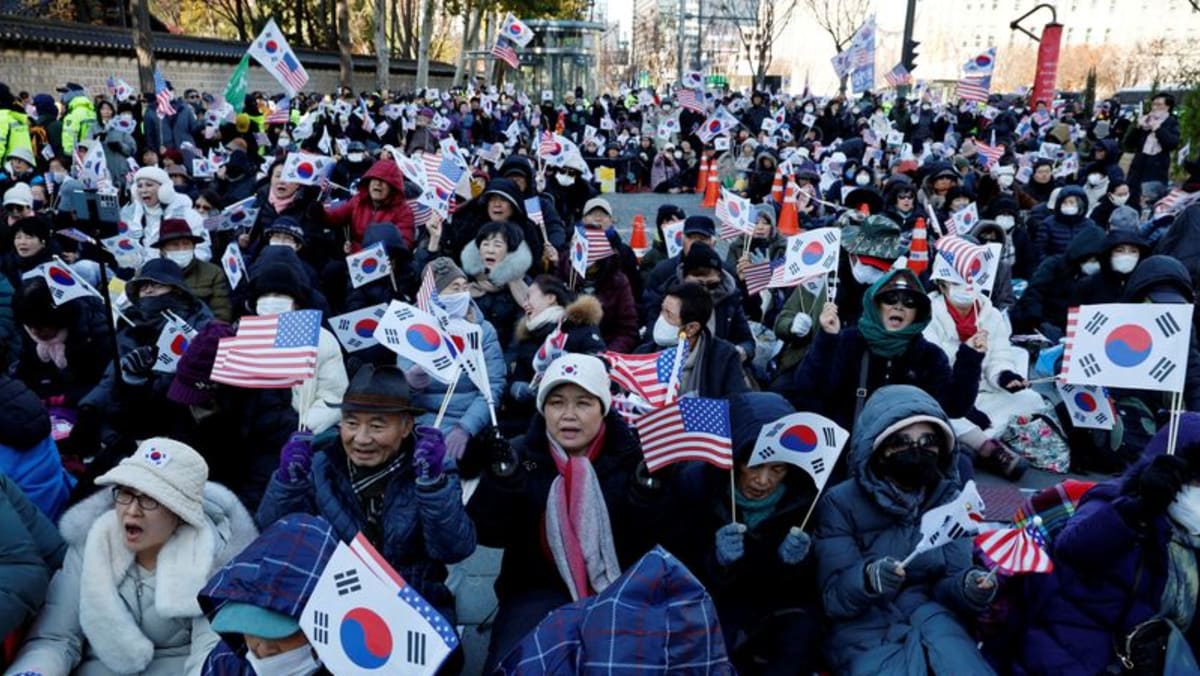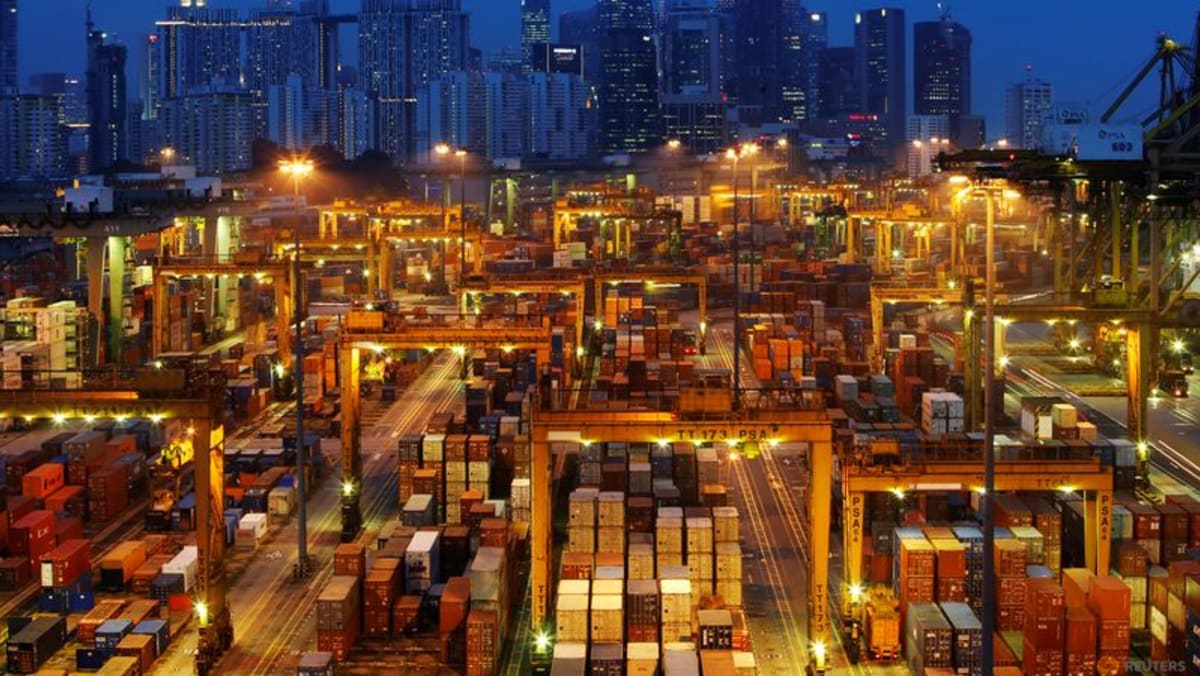Firms importing the merchandise in question into the EU will be responsible for tracking their supply chains to prove the goods did not originate from deforested zones, relying on geolocation and satellite data.
Exporting countries considered high-risk will have at least 9 per cent of products sent to the EU subjected to checks, with the proportion falling for lower-risk nations.
In October, the European Commission – the EU’s primary executive arm – proposed a delay after countries in Asia, Africa and the Americas complained that the rules increased production and export costs, especially for smallholders.
Others had objected that the EU was late to issue compliance guidelines as well as a clear benchmarking system to divide countries into different risk categories.
“NO RISK” CATEGORY
When parliament voted to delay the ban last month, among the amendments introduced was the creation of a “no risk” category that would see products from some nations, such as Germany, face virtually no scrutiny.
The country benchmarking system currently comprises low-risk, standing-risk and high-risk tiers.
No-risk nations are deemed to have a negligible impact on deforestation and subsequently be subject to less stringent requirements.
Member of the European Parliament Christine Schneider from Germany said: “We must show them (exporting nations) that if they do their homework and if they fulfill the targets we want to reach, then they don’t have to do the same work (as) the countries who (don’t) secure our nature and our forests.”
However, the amendments have caused deep divisions within the EU, with some arguing that the proposed changes erode the law’s effectiveness in combating deforestation.
“If there’s one category where you don’t have to prove that you can comply with the fact that these products have not led to deforestation, you actually give a big incentive for laundering commodities via those countries,” said Stientje van Veldhoven, vice president of global research non-profit World Resources Institute.
“(This is) thereby watering down the overall effect of the directive in a very significant way.”
The delay in implementation also triggered an outcry from environmental groups, which accused lawmakers of adding loopholes to a bill hailed as a major breakthrough in the fight to protect nature and combat climate change.
The EU’s institutions are now negotiating over the proposed changes to the law, which was about to start bearing fruit – but is now being put back through the political machine.












